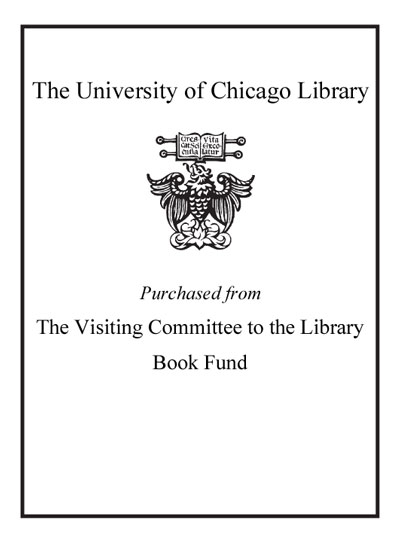Review by Choice Review
This book is a valuable addition to the growing literature on the dramatic changes that have recently engulfed Venezuela. Ellner (Universidad de Oriente, Venezuela) addresses two big puzzles in that nation's recent political history. First, what caused Venezuela's fabled stable democracy--exceptional within Latin America--to fall apart in the 1990s? Second, why did this erstwhile model of consensual politics produce a polarizing leader such as Hugo Chavez? To answer these questions, the author proposes a revisionist framework that he applies to Venezuelan politics going back to independence Whereas conventional approaches have stressed leaders' personalities and institutional arrangements, Ellner, in the tradition of Marxist historians such as E.P. Thompson, argues convincingly that one needs a "bottom up" perspective: a new analytical lens focusing on class conflicts and what he labels "popular empowerment." Such an approach leads the author to see Venezuela's post-1958 democracy as deeply flawed because it repressed and excluded the lower classes, and to view Chavez's "Bolivarian Revolution" as riven with internal conflicts between statists and grassroots elements. A nuanced, essential source for grasping not only the nature of Chavismo, but also the dynamics of Venezuelan political history. Summing Up: Essential. Upper-division undergraduates and up. W. R. Smith Lake Forest College
Copyright American Library Association, used with permission.
Review by Choice Review

